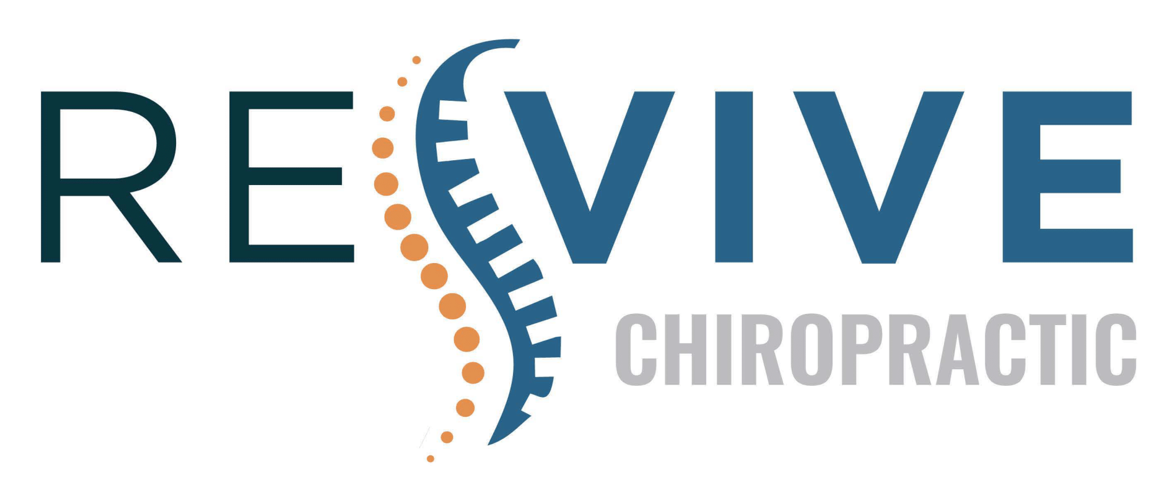If you've ever struggled with tension headaches, you're not alone—about 90% of patients find relief through various approaches. You might be surprised to learn that simple changes in your routine, along with certain treatments, can greatly ease your symptoms. From over-the-counter medications to lifestyle modifications like posture improvement and stress management, there's a range of options available. But what specific strategies can you adopt to effectively tackle your tension headaches and improve your overall well-being? Let's explore the possibilities.
Understanding Tension Headaches
Tension headaches are often described as a tight band around your head, causing discomfort that can disrupt your daily life. You might feel a dull, aching pain that intensifies with stress, fatigue, or poor posture. These headaches can make even the simplest tasks feel overwhelming, impacting your mood and productivity. Understanding the nature of tension headaches is vital for effective management.
Unlike migraines, tension headaches usually don't come with nausea or sensitivity to light. Instead, they can linger for hours or even days, making it hard to focus on what matters. You may notice that these headaches often start gradually, building in intensity as the day goes on. Recognizing this pattern can help you identify when you're at risk for an episode.
Factors like stress, anxiety, and muscle tension in your neck and shoulders can contribute to the onset of these headaches. It's important to pay attention to your body's signals and understand how your lifestyle choices affect your well-being.
You may find that staying hydrated, practicing good posture, and taking regular breaks can greatly reduce the frequency of your tension headaches.
In addition, relaxation techniques such as deep breathing, yoga, or meditation can help alleviate the stress that often triggers these headaches. By becoming more aware of your body and environment, you'll be better equipped to manage tension headaches and reclaim control over your daily life.
Common Triggers and Symptoms
What factors could be setting off your tension headaches? Identifying these triggers is essential for managing your discomfort. Common culprits include stress and anxiety, which often lead to muscle tension in your neck and shoulders. You might notice that when you're under pressure, whether from work or personal life, those headaches creep in.
Poor posture is another notable trigger. If you spend long hours hunched over a computer or looking down at your phone, you may strain your neck muscles, leading to headaches. Make a conscious effort to maintain good posture while sitting and standing.
Dehydration can also play a role. If you're not drinking enough water throughout the day, you might find that your head starts to pound. Make sure you're staying hydrated, especially if you're active or in a warm environment.
Sleep disturbances can be a hidden trigger too. Lack of sleep or irregular sleep patterns can lead to increased tension and, consequently, headaches. Try to establish a regular sleep schedule and create a relaxing bedtime routine to improve your sleep quality.
Lastly, certain dietary factors, like skipping meals or consuming excess caffeine, can contribute to headache onset. Pay attention to your eating habits, as these can notably impact your well-being.
Effective Treatment Options
When dealing with tension headaches, finding effective treatment options can make a world of difference. You've got several strategies at your disposal to alleviate that nagging pain.
Over-the-counter medications like ibuprofen or acetaminophen are often your first line of defense. They can help reduce inflammation and relieve discomfort quickly. Always follow the dosing instructions to avoid any unwanted side effects.
If you find that these medications don't provide enough relief, consider talking to your doctor about prescription options. They may suggest stronger pain relievers or even preventive medications if your headaches are frequent. It's crucial to have an open dialogue about your symptoms and treatment goals.
Another effective option you might want to explore is physical therapy. A skilled therapist can teach you exercises to strengthen your neck and shoulder muscles, helping to reduce tension.
Massage therapy can also be beneficial, as it promotes relaxation and eases muscle tightness.
For some, alternative treatments like acupuncture or chiropractic care can offer relief. These methods focus on addressing the underlying causes of tension headaches and might provide a more holistic approach to managing your pain.
Lastly, don't underestimate the power of heat or cold therapy. Applying a warm compress or an ice pack to your neck or forehead can soothe the pain and provide comfort.
Lifestyle Changes for Prevention
Making small lifestyle changes can greatly reduce the frequency and intensity of tension headaches. Start by paying attention to your posture. Poor alignment while sitting or standing can lead to muscle strain, which often triggers headaches. Make an effort to sit up straight and use ergonomic furniture that supports your back.
Next, prioritize regular exercise. Even moderate activity like walking can improve blood flow and reduce stress, both of which help prevent tension headaches. Aim for at least 30 minutes of physical activity most days of the week.
Additionally, don't underestimate the power of hydration. Dehydration can cause headaches, so be sure to drink enough water throughout the day.
Stress management is another vital aspect. Incorporating relaxation techniques, such as deep breathing exercises, meditation, or yoga, can greatly decrease your stress levels. Setting aside time for these activities can offer you the mental space needed to unwind.
Also, be mindful of your sleep patterns. Establish a regular sleep schedule and make certain you're getting enough rest each night. A well-rested body is less likely to succumb to headache triggers.
Lastly, consider your diet. Eating regular meals and incorporating a variety of nutrients can help maintain stable blood sugar levels, reducing headache occurrences. Avoid skipping meals and limit caffeine and alcohol intake, as these can both contribute to tension headaches.
Implementing these lifestyle changes can help you take control of your health and greatly lessen the impact of tension headaches in your life.
When to Seek Professional Help
Despite implementing lifestyle changes to manage tension headaches, some individuals may still experience persistent or worsening symptoms. If you find that your headaches are becoming more frequent or last longer than a few days, it's time to reflect on seeking professional help. You shouldn't ignore signs that your condition might be more serious than a typical tension headache.
Another reason to consult a healthcare professional is if over-the-counter pain relievers aren't providing the relief you need. Frequent reliance on medication could lead to rebound headaches, making the situation worse. A healthcare provider can offer alternative treatments or prescribe medications specifically designed to alleviate your symptoms.
If your headaches disrupt your daily life, affecting your work or personal relationships, it's essential to talk to a doctor. They can help identify underlying issues, such as stress, anxiety, or even physical problems contributing to your discomfort.
Additionally, if you experience symptoms like vision changes, confusion, or severe nausea with your headaches, seek immediate medical attention. These could be signs of a more serious condition that requires urgent treatment.
Conclusion
In conclusion, if you're dealing with tension headaches, you're not alone—90% of patients find relief. By understanding your triggers and exploring effective treatment options, you can take control of your symptoms. Don't underestimate the power of lifestyle changes like better posture and regular exercise. And remember, if headaches persist, seeking professional help is a smart move. You deserve to feel your best and enjoy a headache-free life!



